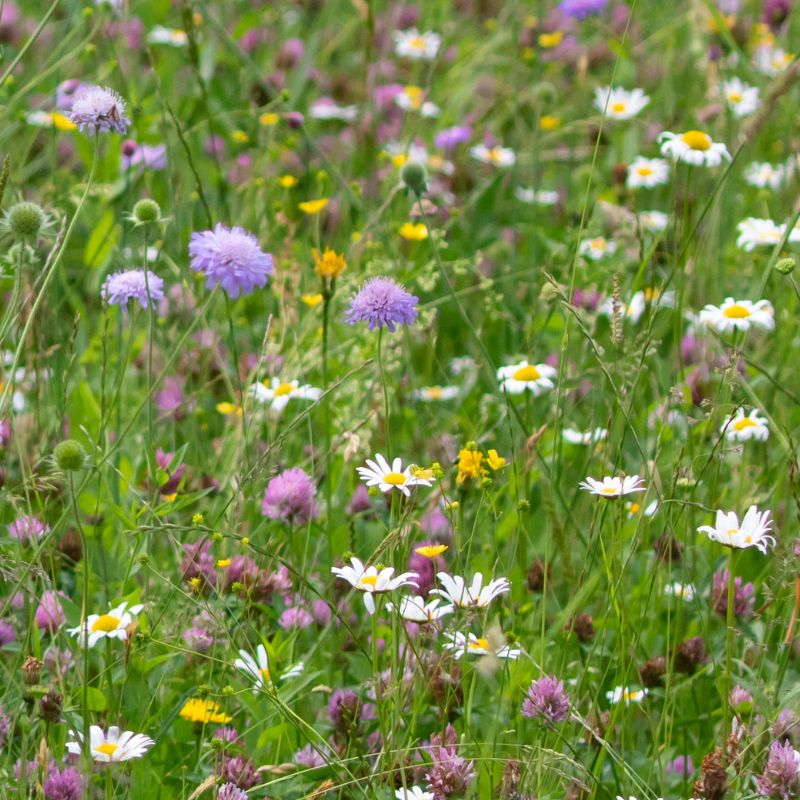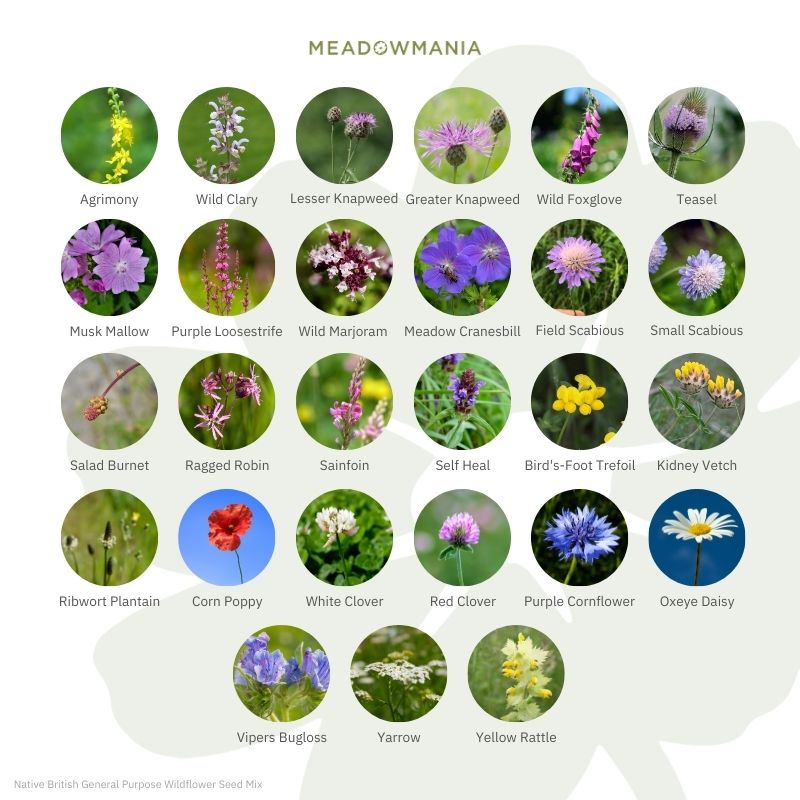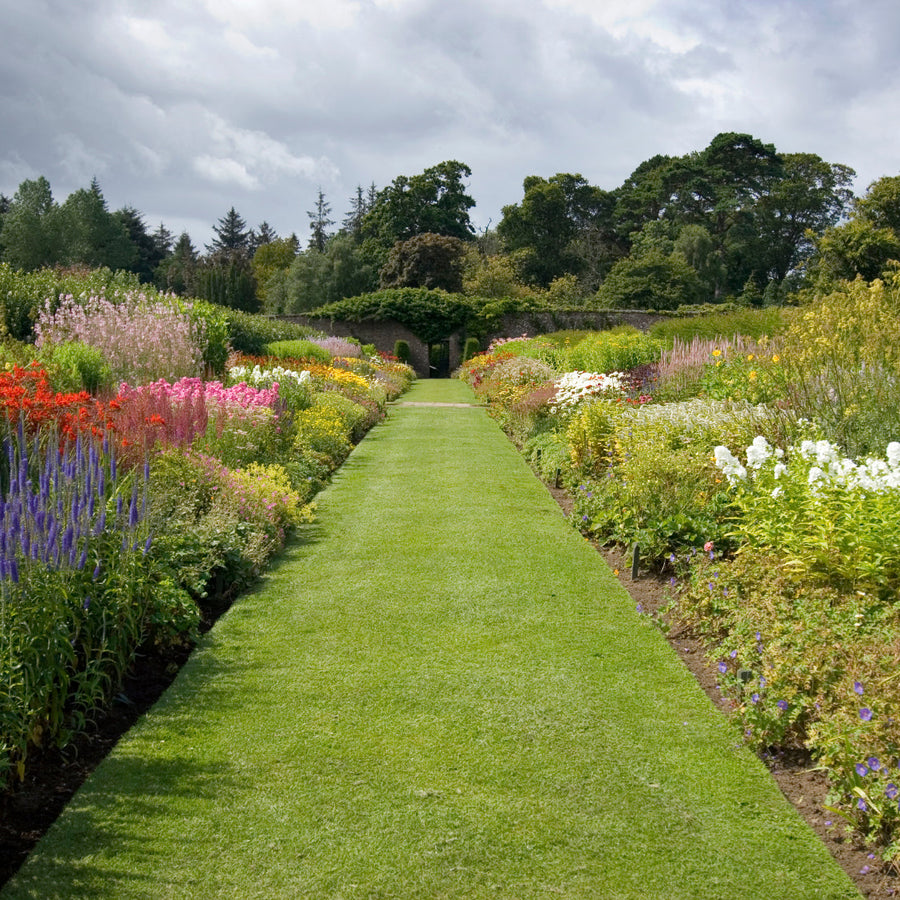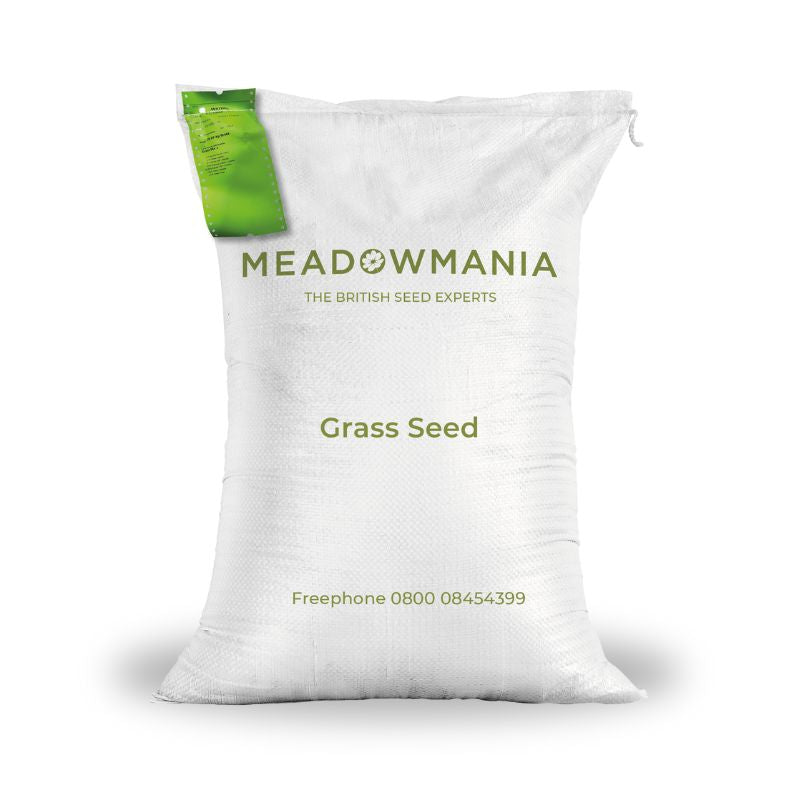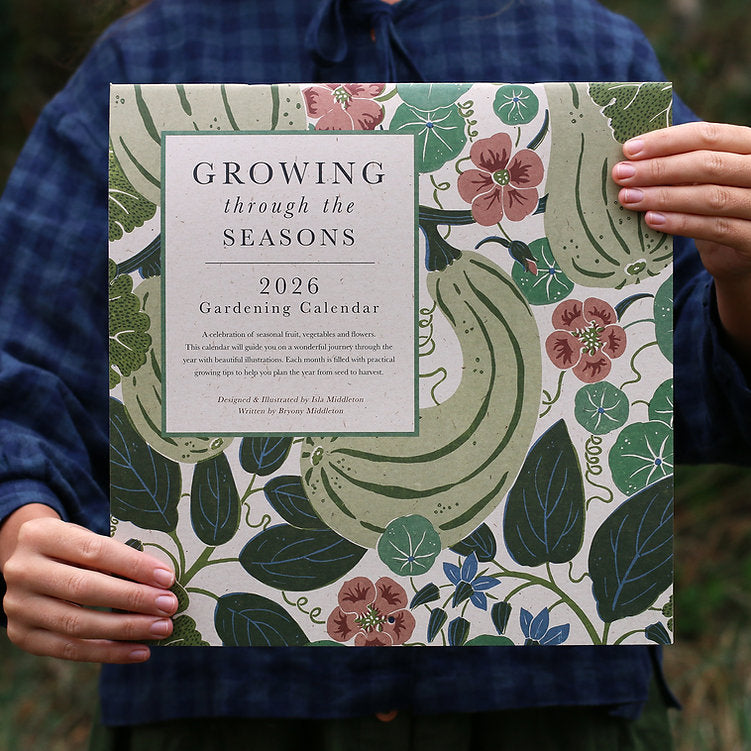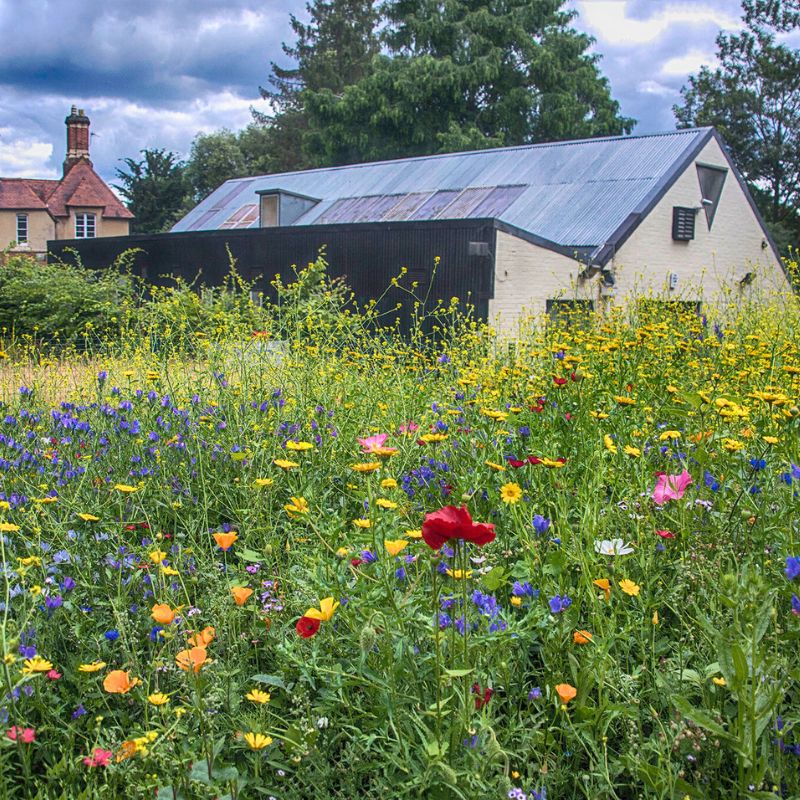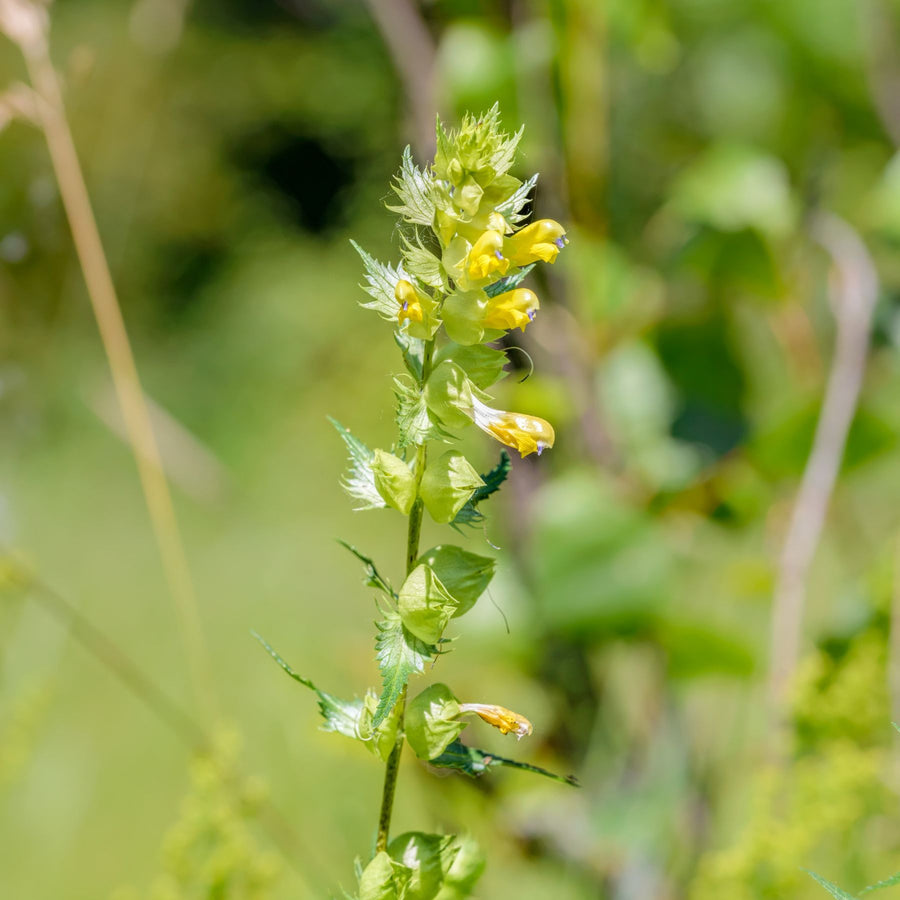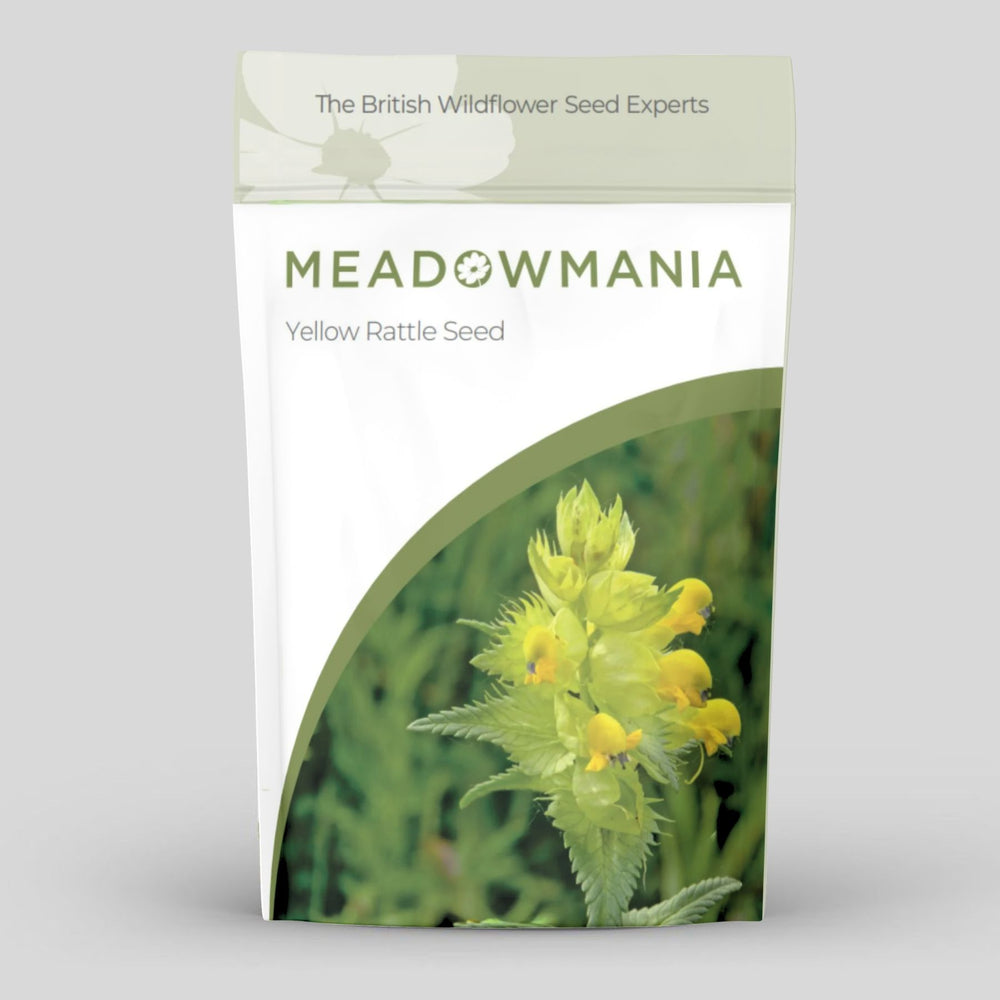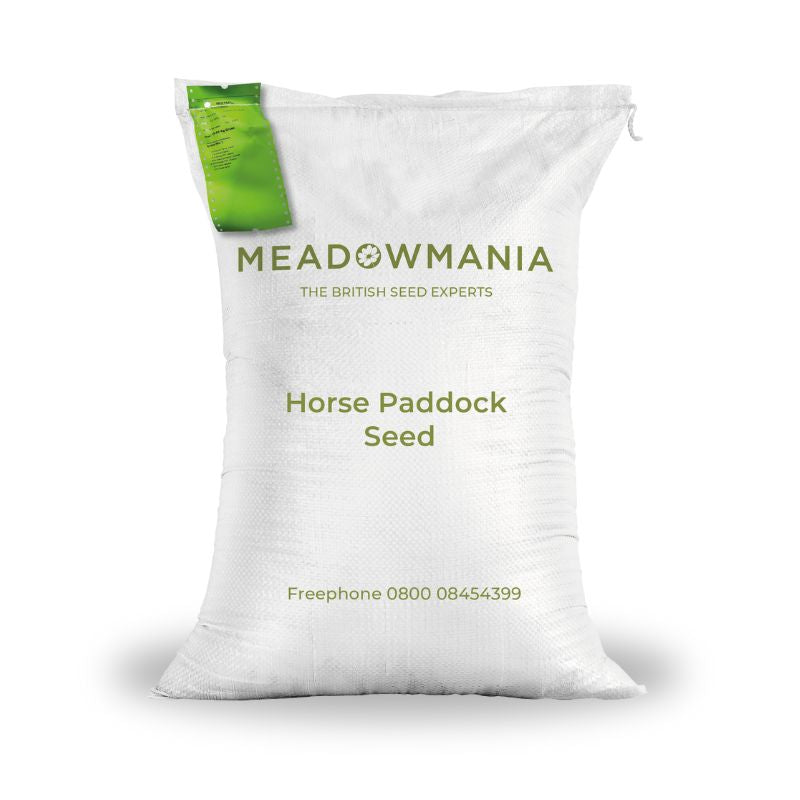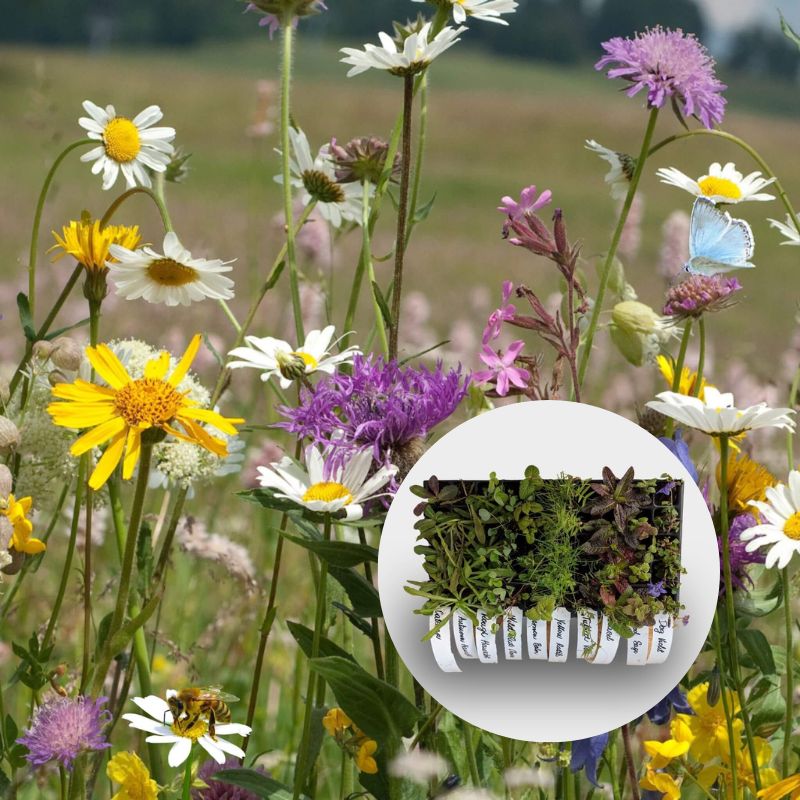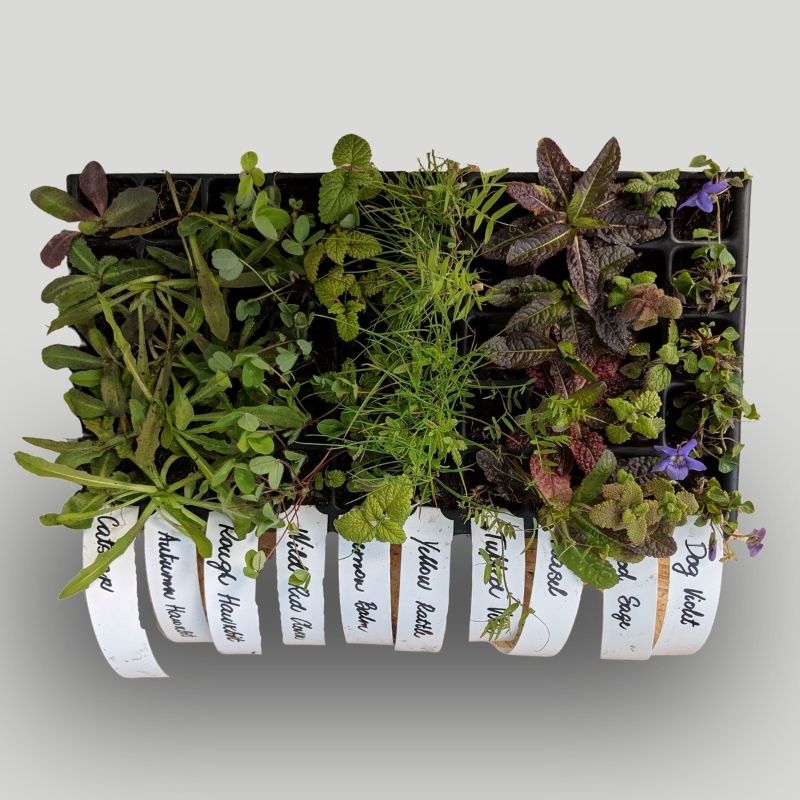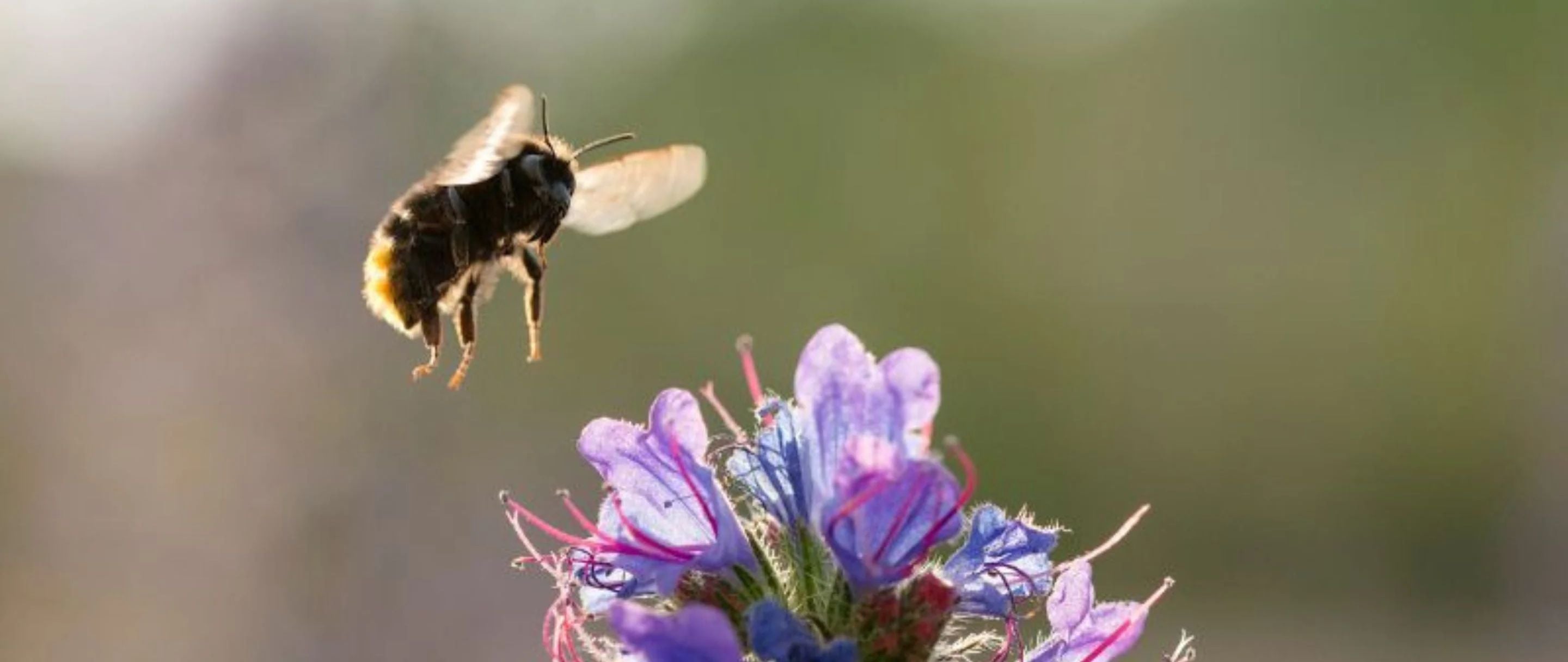
Create A Buzz About Bees; Their Importance, The Challenges They Face, and How We Can Help
Each year on May 20th, the world comes together to celebrate World Bee Day, to recognise and appreciate the vital role bees play in our ecosystem and agriculture. This year, in the lead up to World Bee Day, we’re inviting you to join us in creating a buzz about bees. Let’s raise awareness of the importance of these essential pollinators and the challenges they face.

Heroes Of Pollination
It is estimated that 1 out of every 3 mouthfuls of food we eat is made possible by pollinators such as bees. (WWF)
Bees are one of the most efficient pollinators on our planet. According to the World Wildlife Fund, almost 90% of wild plants and 75% of leading global crops depend on animal pollination, with bees being a highly significant contributor. Without bees and other pollinators, many fruit, nuts and vegetables would lose their primary means of reproduction, leading to decreased food production and higher costs.
Why Pollination Matters:
Food Diversity: Bees contribute to the growth of a wide variety of plants, which means they help ensure the availability of diverse food sources. This includes not only the crops we eat, but also plants vital for livestock.
Ecosystem Health: By pollinating wild plants, bees help maintain biodiversity. These plants, in turn, support other wildlife and help maintain healthy ecosystems.
Economic Value: The pollination services provide by bees are estimated to be worth billions of dollars annually. Crops such as almonds, blueberries and cherries are heavily reliant on bee pollination impacting agricultural economies worldwide.

Bees Under Threat
Since the 1930s, we’ve lost 97% of our wildflower meadows in the UK. (WWF)
Despite their crucial role, bees are facing unprecedented threats from human activities. Driven by factors such as habitat loss, pesticide use and climate change, the decline in bee populations is alarming.
Habitat Loss: Increases in large-scale agriculture and urbanization are reducing the availability of natural habitats for bees. Loss of flowering plants results in less food and shelter for these pollinators.
Pesticides: Chemicals used in agriculture, particularly neonicotinoids are harmful to bees. These substances can disorient bees, impairing their ability to forage and navigate.
Climate Change: Changes in weather patterns affect the availability of flowers disrupting the food supply for bees. In addition, extreme weather events can destroy their habitats.

How Can We Help
Anyone who thinks they're too small to make a difference has never met the honey bee. (Anon)
The good news is that there are numerous ways we can contribute to the protection and revival of bee populations.
Plant Bee-Friendly Gardens: Include a variety of wildflowers that bloom at different times of the year to provide a continuous food source for bees. Native plants are especially beneficial.
Reduce Pesticide Use: Opt for natural pest control methods, such as encouraging beneficial insects, and encourage local farmers to adopt bee-friendly practices.
Support Local Beekeepers: Buy local honey and other bee products and help sustain beekeeping ventures which, in turn, support bees.
Create Bee Habitats: Leave patches of land undisturbed and consider installing bee hotels to provide nesting sites for solitary bees.
Raise Awareness: Educate others about the importance of bees and advocate for policies that protect their habitats and reduce harmful practices.

More than just a day to appreciate these tiny insects, World Bee Day is a call to action. Bees are indispensable to our environment and food systems. By understanding their importance and taking steps to protect them, we ensure the health and sustainability of our planet for generations to come. So, this May 20th, take a moment to celebrate our remarkable bees, to consider their role at the heart of our ecosystem, and to raise awareness of the challenges they face.
Go on, create a buzz about bees!


